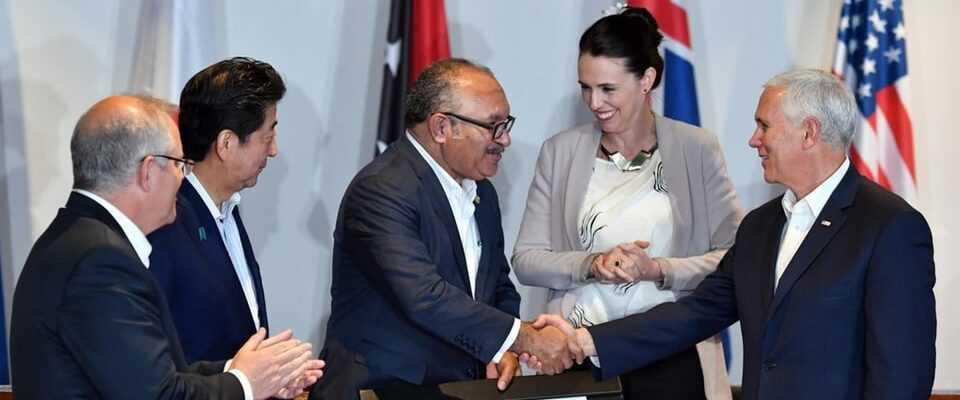contents
In its final report, an independent commission of inquiry in Papua New Guinea sharply criticized the major Swiss bank. SRF Southeast Asia correspondent Karin Wenger on the background of the deal.
What was the controversial deal about? The island nation of Papua New Guinea received a loan from UBS’s Australian investment banking arm in February 2014 945 million francs obtain. The government thus bought shares in the oil and natural gas company Oil Search. But soon after, oil prices plummeted and the deal turned into a huge loss-making business, with Papua New Guinea losing the equivalent of 230 million Swiss francs.
What was so explosive about it? That the deal was closed within days, despite warnings and more or less single-handedly between then-Prime Minister Peter O’Neill and UBS’s investment bankers. That raised a lot of questions: How did this deal come about? And was the deal even legal?
What is the independent commission of inquiry accusing UBS of? The bank is accused of many things. Two points in particular stand out in the report, which is several hundred pages long:
- UBS charged the island state the equivalent of $132 million too much. She demands that UBS should pay the money back to the poor island state.
- Representatives of UBS threatened state decision-makers in order to be able to conclude the lucrative lending business. The deal was not transparent.
However, according to the commission of inquiry – and this is where it differs from the former justice minister and former treasurer – the deal was not unconstitutional.
What is the Commission asking for? Australia’s financial regulator is said to be investigating the deal and UBS closely. She also advises that the UBS unit in Australia subject to a 10-year ban on doing business in Papua New Guinea.
Legend:
Prime Ministers Scott Morrison (Australia), Shinzo Abe (Japan), Peter O’Neill (Papua New Guinea), Jacinta Ardern (New Zealand) and US Vice President Mike Pence at the APEC Summit in Port Moresby, Papua New Guinea, in November 2018 .
key stone
How does UBS justify itself? The big bank denies everything. be it nobody threatened and UBS was hired after a competitive tendering process, she writes when asked by SRF. Everything was handled transparently and correctly. UBS also vehemently denies the accusation that UBS charged Papua New Guinea $132 million too much.
Could the Papua New Guinea case have consequences for UBS? The Swiss financial market supervisory authority (Finma) writes on request that it is aware of the financing transaction and is in contact with the bank on this matter. Finma follows up all indications regarding compliance with supervisory law. However, because the transaction was not processed in Switzerland, Finma is not in charge of a possible investigation – the supervisory authority in Australia must become active.
What’s next? The Prime Minister of Papua New Guinea, meanwhile, has urged Australia to act. He has also commissioned another commission to implement the recommendations of the investigative commission. This also includes the fact that former Prime Minister Peter O’Neill is being investigated on suspicion of corruption. Papua New Guinea has a great interest in ensuring that this lending business, which has severely damaged the island state, is not simply forgotten. The role of UBS is to be examined more closely and it is also necessary to wait and see how the Australian Financial Markets Authority will react to the deal.
